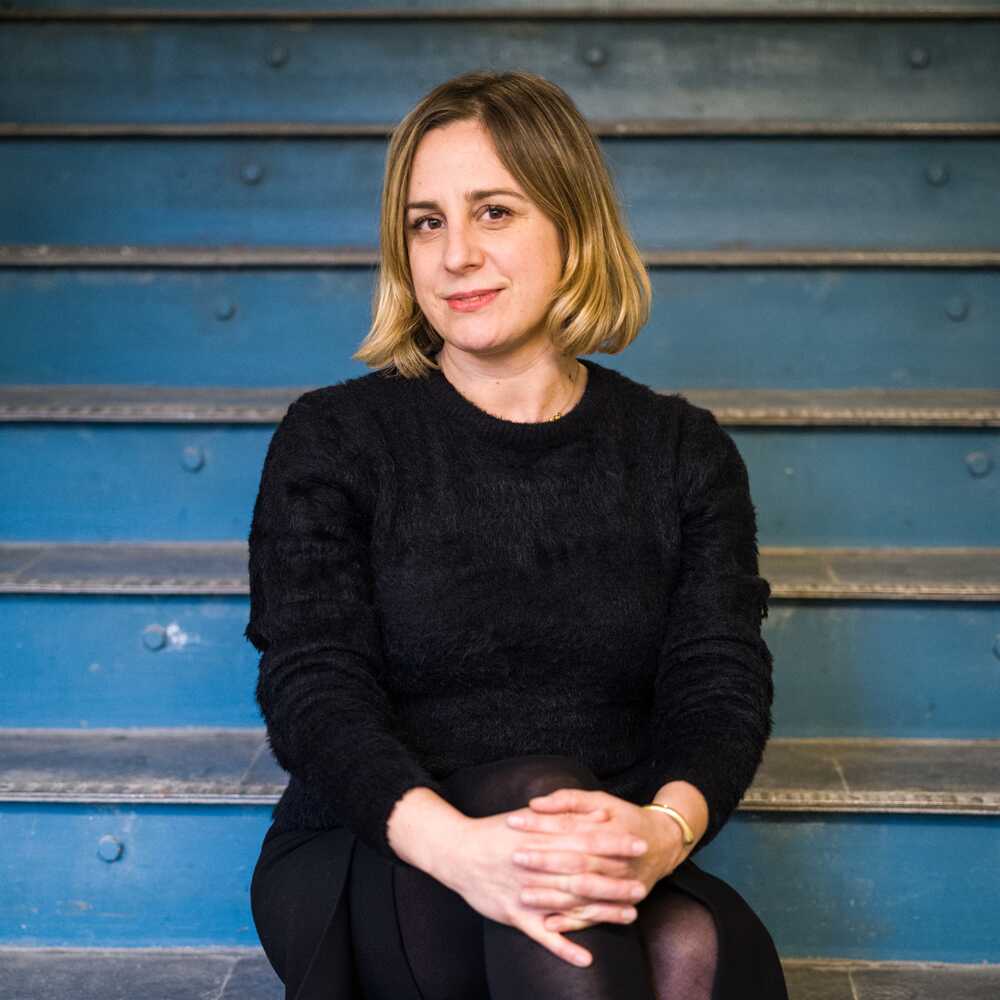Marina Otero wins 2022 Wheelwright Prize with research into data-centre architecture
The Wheelwright Prize is awarded by Harvard University Graduate School of Design and takes the form of a grant of $100,000 (€95,315) to support “investigative approaches to contemporary architecture” and is awarded to individuals or groups to fund two years of research and travel.
Otero was named this year’s winner in June, with her proposal “Future Storage: Architectures to Host the Metaverse”, which will see the creation of a prototype garden data centre in Eindhoven in collaboration with DAE and Grow Your Own Cloud.
The project looks at alternative models for data storage, acknowledging the vast scale of the data industry, its growing importance in the way we live and work, and its openness to innovation – a combination that makes this under-explored area of architecture a “fertile environment for experimentation” explained Otero.
“My hope is that the project will uncover as yet unrealised spatial models and means of relating to data, for which my experience in the fields of architecture, design and digital culture is relevant,” said Otero. “I am also hopeful that, by further exploring relations between the digital and physical in architecture, it will be made evident that the search for new digital futures should not be at the cost of the non-digital world that we all share.”
The on-site data centre prototype planned for Eindhoven will use plant and seed-based DNA storage technology to construct the first-ever garden operating as a data centre, explained Otero. The hope is to offer a glimpse of what might be possible with “the architecture of an off-the-grid, living data-centre forest that captures CO2 and creates oxygen”.
Otero joined DAE in 2021. From 2015 to 2022, she was the Director of Research at Het Nieuwe Instituut (HNI), the Dutch Institute for Architecture, Design and Digital Culture. She was previously the Director of Global Network Programming at Studio-X, Columbia University GSAPP, among other roles.
Find out more about the Social Design MA, led by Otero, here
A short interview with Marina Otero:
→DAE: Congratulations! What do you feel is the significance of you being awarded the Wheelwright Prize, particularly as someone not based in an architecture school or practice in the traditional sense?
Marina Otero: I am honoured to be selected as the winner of this year’s Wheelwright Prize. The prize gives me the opportunity to contribute more fully to the changes I want to see in the world.
My hope is that the project will uncover as yet unrealised spatial models and means of relating to data, for which my experience in the fields of architecture, design and digital culture is relevant.
I am also hopeful that, by further exploring relations between the digital and physical in architecture, it will be made evident that the search for new digital futures should not be at the cost of the non-digital world that we all share.
→DAE: Why is it urgent to look at this area of architecture that many people might not even realise IS architecture?
Marina Otero: Data centres might not seem like an exciting place for an architectural project. However, the huge scale of the operations of the data industry and its pervasiveness and increasing importance in the contemporary world – coupled with its openness to innovation and concurrent pressures to find better socio-ecological models – creates a fertile environment for experimentation and action.
Today’s data centres are dependent on increasing land and energy consumption and extractivist practices. Governments, pressured by local communities, associations, environmental movements, and rising energy prices, have started to impose controls on the construction of data centres. Several data centre hubs, including countries such as Singapore and The Netherlands, have implemented temporary bans on data centre construction due to their excessive land and energy consumption at the detriment of nearby residents.
Recently, plans by Facebook parent company Meta to construct The Netherlands’ largest data centre in the town of Zeewolde, a small community of 20,000 people, faced opposition by residents and the Dutch Senate.[1] Finally, the project was indefinitely postponed. The controversy prompted the Dutch government to announce a nine-month ban on new hyperscale data centres until stricter regulations and licensing processes are in place. Minister Hugo De Jonge, in a letter to the House of Representatives, said it very clearly: Our space is limited, so we have to make the right choices.
In this context, my research aims to contribute innovations in data storing architectures attuned to social and ecological challenges, land availability, the growing energy price, and changing data usage patterns. It is not about designing data centre facades but reconsidering their entire relation to the urban fabric and the environment.
→DAE: How might this research impact on your role at DAE?
Marina Otero: The project also contemplates the construction of an on-site data-centre prototype in Eindhoven together with Design Academy and Grow Your Own Cloud. The prototype will use plant and seed-based DNA storage technology to construct the first-ever garden operating as a data centre. Its Implementation will be developed with support from research centres, design firms and the data-centre industry. We hope this prototype will bring knowledge into what the architecture of an off-the-grid, living data-centre forest that captures CO2 and create oxygen might look like.
